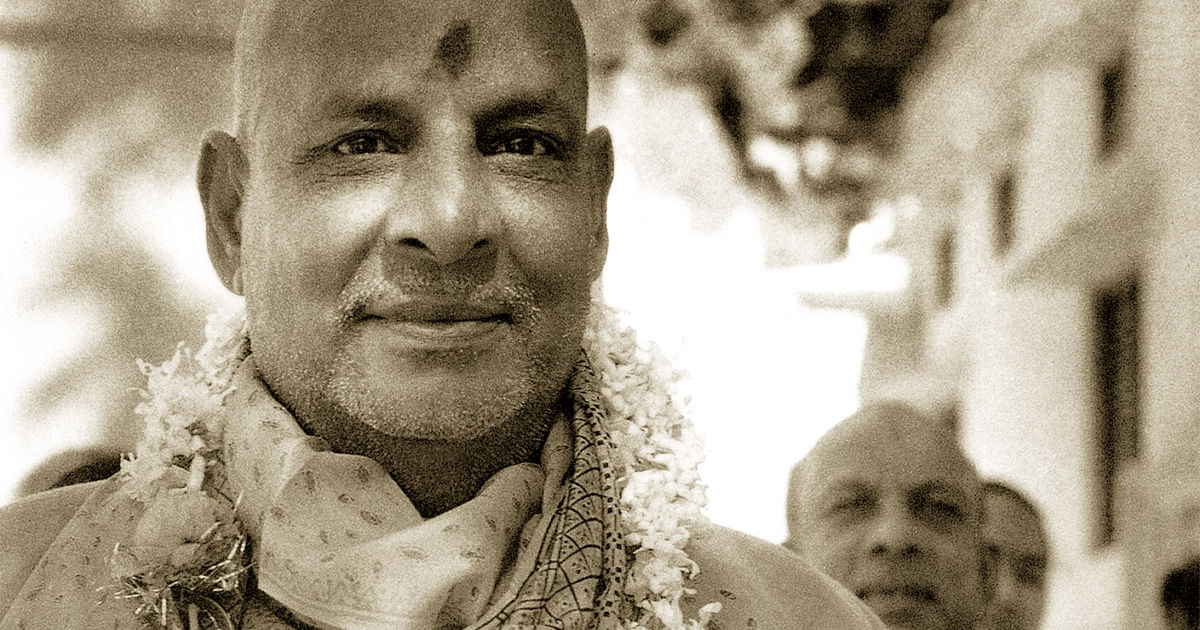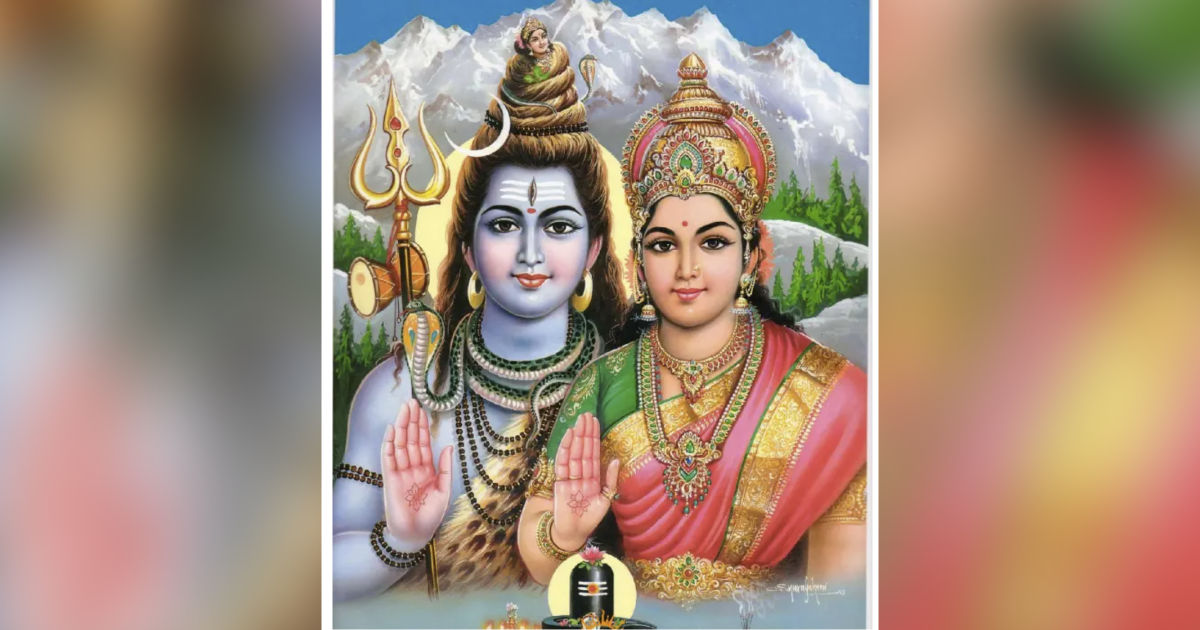Where has all the love gone? Why are our hearts so full of hatred? We are burning with anger. Continue reading
How do we deal with sorrow?
We all experience sorrow, it is our understanding and perception which empowers us to become resilient. Sorrow has been written about since the creation of man. There are quotes which give us a deeper understanding and clarity about dejection and regret. Continue reading
Find yourself
No one can make you feel inferior without your consent. – Eleanor Roosevelt
Life is like riding a bicycle. To keep your balance, you must keep moving. – Albert Einstein
Be yourself; everyone else is taken. – Oscar Wilde
Life is not about finding yourself. Life is about creating yourself. – George Bernard Shaw
Love the life you live. Live the life you love. – Bob Marley
The most wasted of days is one without laughter. – E. E. Cummings
Am I, my friend?
What is the definition of friendship? Aristotle describes it a single soul, dwelling in two bodies. Continue reading
The ITIES of Swami Sivananda
What are ITIES? ITIES are words which end in ity. Each one of these words can change our life and lead to becoming a Jiwan Mukta. They are interconnected and they are all virtues.
Swami Sivananda summed the ITIES in a song. When one sings it, they end in rhyme. Continue reading
Let us follow the tenets of Lent in our daily life
Prayer, Fasting and Almsgiving are the three pillars of Lent and it is a time for reflection, repentance and reconciliation.
Let us examine each of these words. Continue reading
Guru Mantra
In the tradition of the Bihar School of Yoga, the Guru mantra refers to the mantra personally given by the Guru during initiation (diksha), which is kept secret. However, the universal mantra honored by the Bihar School of Yoga is the Guru Stotram. Continue reading
Follow a Eudaimonic life
Be a Stoic. Follow the four cardinal virtues. The four pillars of Stoicism known as the cardinal virtues are Wisdom, Justice, Courage and Temperance. These pillars serve as a practical framework for living a virtuous, happy (eudaimonic) life by focusing on what is within our control—our thoughts and actions while managing emotions and acting ethically for the common good. Lucius Seneca was a stoic philosopher of Ancient Rome. I am sharing some of his quotes with you. Continue reading
Marriage quotes
It is not the lack of love, but a lack of friendship that makes unhappy marriages. – Nietzsche
Marital Chutney
I had a very funny interaction with AI-Artificial intelligence. I was ordering Nariyal chutney and it wrote Marital chutney. Dear ones, I was just placing an order and AI stepped in. I have no complaints about AI and I consider it to be a good friend. I laughed as it was so amusing. Continue reading
An extract from Rudram Chamakam
The Rudram Chamakam is a prayer for blessings, where the devotee asks for a series of material and spiritual boons. Continue reading
The Maha Shivaratri Story
Maha Shivaratri is considered one of the holiest festivals. It commemorates several cosmic events.
- It honors Shiva and Parvati’s marriage. Shiva married Parvati, his divine consort, for a second time on this night. It is in celebration of their divine re-union that the day is observed as the “Night of Shiva,’ Shiva signifies Purusha (mindfulness), and Parvati (Prakriti). This is a union of mindfulness and nature. It promotes creation.
- Lord Shiva was incarnated as Rudra during the midnight of Maha Shivaratri, with Brahma’s blessings.
- It is also believed that Shiva performed his cosmic dance of creation, preservation and destruction (Rudra Tandava), when he heard that his consort Sati (Parvati in her earlier incarnation) had leapt into the Yagna fire.
- During the churning of the ocean, Shiva drank the poison which came out of the sea. This poison could have destroyed the universe. This is the reason why Shiva has a blue neck and he is called Nilkanth (Savior of the Universe). Shivaratri is observed to honor the day for preserving the universe.
- When Brahma and Vishnu fought for supremacy, Shiva manifested as an unending pillar of light (Linga) to stop them, and establishing himself as the supreme, all-encompassing force. He is also known as Lingobhava (Divine Light).
Guruvaar
Thursday is considered the day for the Guru. It is called Guruvaar in Hindi. It is dedicated to Lord Vishnu and Brihaspati (Jupiter), with mantras which focus on wisdom prosperity and spiritual growth. The most popular mantra is Om Brim Brihaspataye Namah. Wear Yellow on this day and offer yellow flowers. Continue reading
Meditate and send God a Valentine
Valentine’s day is coming. There are advertisements everywhere asking one to buy gifts, flowers, and sweets for one’s loved ones. It is so compelling and sweet deals are offered. We all want and wish to send Valentines. Continue reading
Be courageous and humble like Saint Augustine
Saint Augustine is one of the most important figures in Western Christianity. His philosophy was that it is all about the will and providence of God; and believers are to devote themselves to studying, discerning, praising, and submitting to the eternal design of God. He was never ashamed to admit his failures and spiritual doubts. Continue reading















